|
It's Remembrace Day, so we start your weekend reading with some articles from Canada and abroad about war, flowers, poetry and how conflict can bring justice. And for the rest of the weekend, learn about everything from crop circles to kindness.
It's a long weekend for some Canadians, but not for the crew at The Conversation Canada, so we'll be back in your Inbox on Monday.
Regards,
|
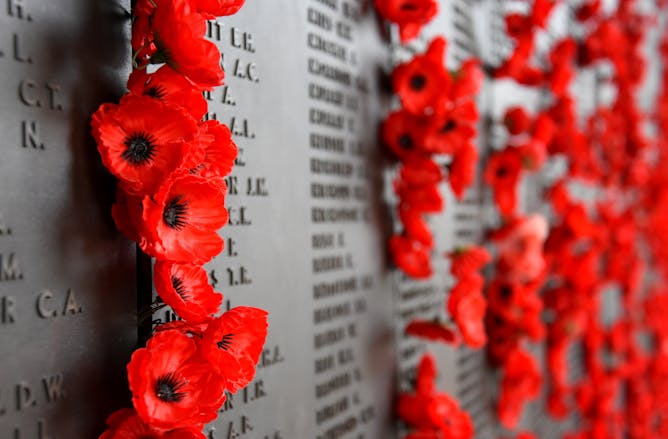
Poppies at the Australian War Memorial in Canberra.
katatrix/shuttershock.com
Ann Elias, University of Sydney
The wildflowers that WWI soldiers encountered in Europe become symbols of remembrance and the fragility of life. The red poppy in particular is a powerful motif in Australian war art and photography.
|
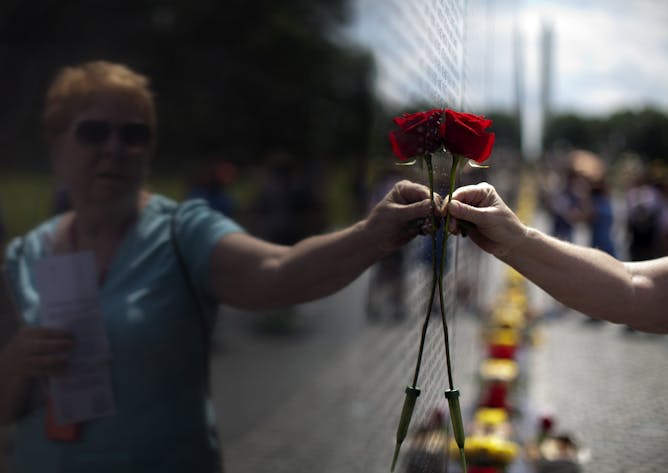
Vietnam Veterans Memorial in Washington.
AP Photo/Carolyn Kaster
James Dubinsky, Virginia Tech
Civilians have become so far removed from the military and war, it can be hard to understand veterans. Their poetry can help us connect.
|
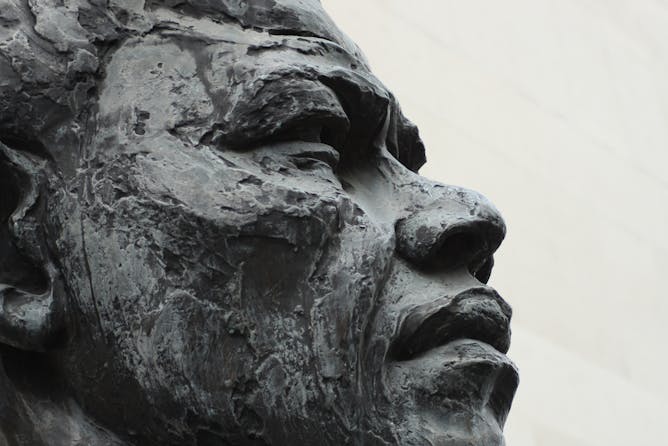
This sculpture in London commemorates Nelson Mandela, who set up the African National Congress’ armed wing, Umkhonto we Sizwe (Spear of the Nation), in 1961 when he lost hope that passive and non-violent resistance to the apartheid government would bear fruit.
(Creative Commons)
Ian Spears, University of Guelph
Seeking justice, not peace, in our world changes the conversation about conflict. Conflict has proven integral to achieving a more equitable and secure society.
|
Weekend Reads
|
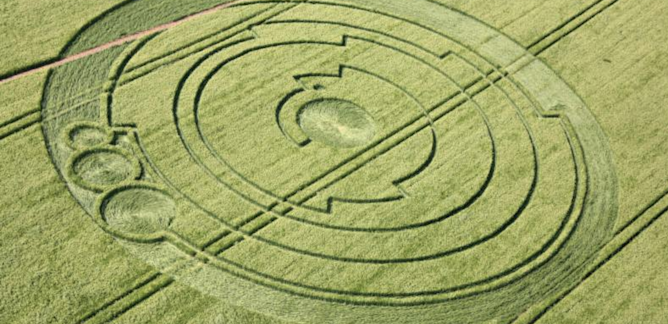
Paul Kingsbury, Simon Fraser University
Crop circles are global phenomena gaining attention as paranormal culture becomes mainstream, along with a hybrid approach that emulates scientific investigation.
| |
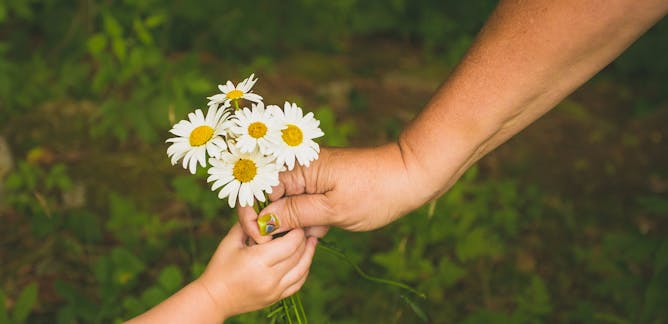
Eva M Krockow, University of Leicester; Andrew M Colman, University of Leicester; Briony Pulford, University of Leicester
The very existence of kindness and altruism seems to contradict Darwin’s theory of evolution. So how could kind behaviour have evolved?
|
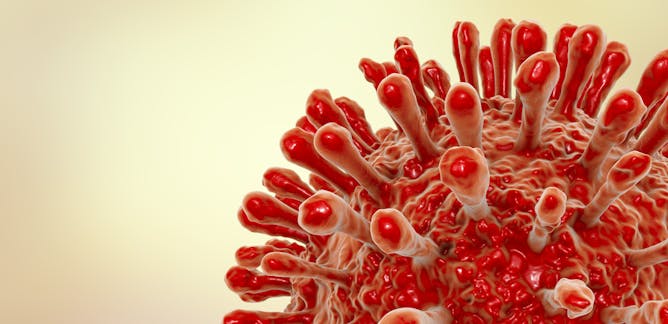
Caroline T. Tiemessen, National Institute for Communicable Diseases
A South African child, who has been in HIV remission for nearly nine years, could help researchers understand how to make remission possible for millions of other HIV positive people.
| |

Andrea Saltelli, University of Bergen
We are observing two new phenomena. On one hand doubt is shed on the quality of entire scientific fields or sub-fields. On the other this doubt is played out in the open, in the media and blogosphere.
|

Roman Lanis, University of Technology Sydney; Brett Govendir, University of Technology Sydney
The ideas are already out there to tackle some of the tax avoidance highlighted by the Paradise Papers.
| |
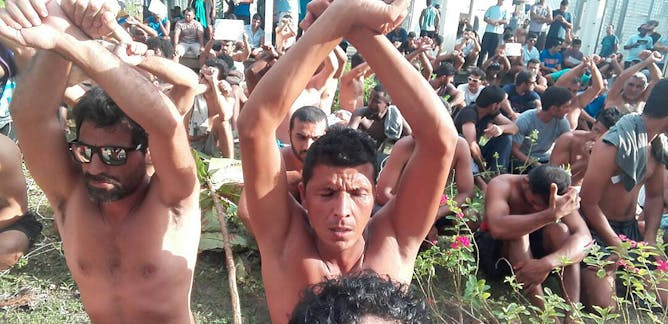
Anna Cody, UNSW; Maria Nawaz, UNSW
The UN report findings show that concerns far outweigh any improvements in Australia's human rights record.
|
|
|